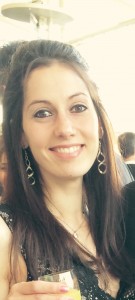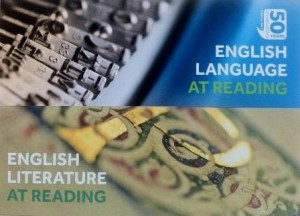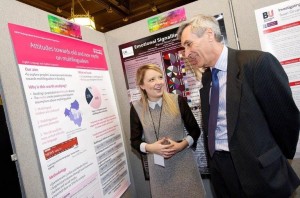The Department of English Language and Applied Linguistics was delighted to host the second L-SLARF colloquium on Saturday 30th May 2015. This was a a very successful event featuring a number of renowned scholars and key researchers in the field of second language acquisition, including Peter Skehan and Pauline Foster from the UK and Roger Gilabert from the University of Barcelona. On this one-day event, researchers from different universities from the UK and abroad presented the findings of their latest research and discussed the implications of these findings for future research and practice.
The London Second Language Acquisition Research Forum (L-SLARF) was recently formed by academics from St Mary’s University, Kings College London, the Institute of Education, the University of Greenwich and the University of Reading as a way to share and develop research in the field of cognitive and task-based approaches to second language acquisition in and around our region.
The colloquium was held in the Museum of English Rural Life (MERL) with 7 presenters and more than 50 delegates. Although we had not advertised it widely, we had a waiting list of people interested in attending the event. The delegates were a mix of MA and PhD students, language teachers, EAP instructors and researchers from different universities in and around London. We had 5 invited talks and a very engaging panel discussion.
We had a very unique closing to the event as the fire alarm went off, and we were evacuated from the building 2 minutes before the colloquium came to an end! We are certain that the delegates will never forget the closing of the colloquium as it was done at the fire assembly point with the fire alarm ringing in the background. All in all, there were many hot topics discussed, but fortunately no real flames!
Photographic evidence below!
Parvaneh Tavakoli and Anas Awwad















